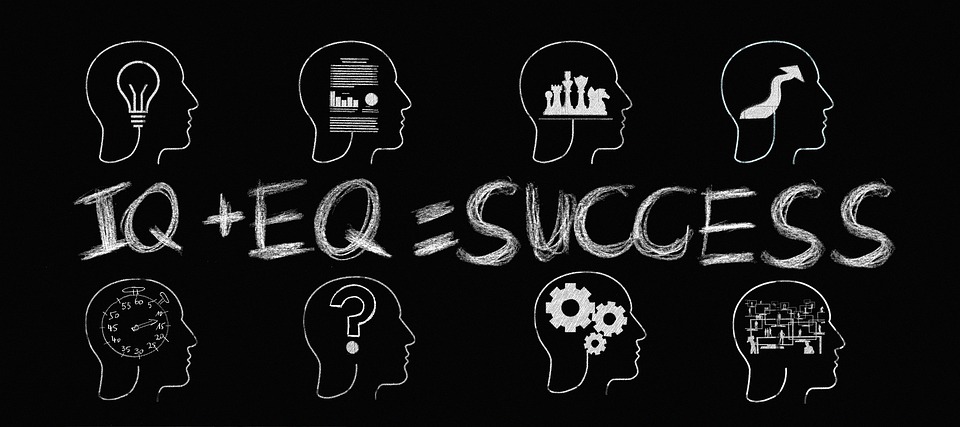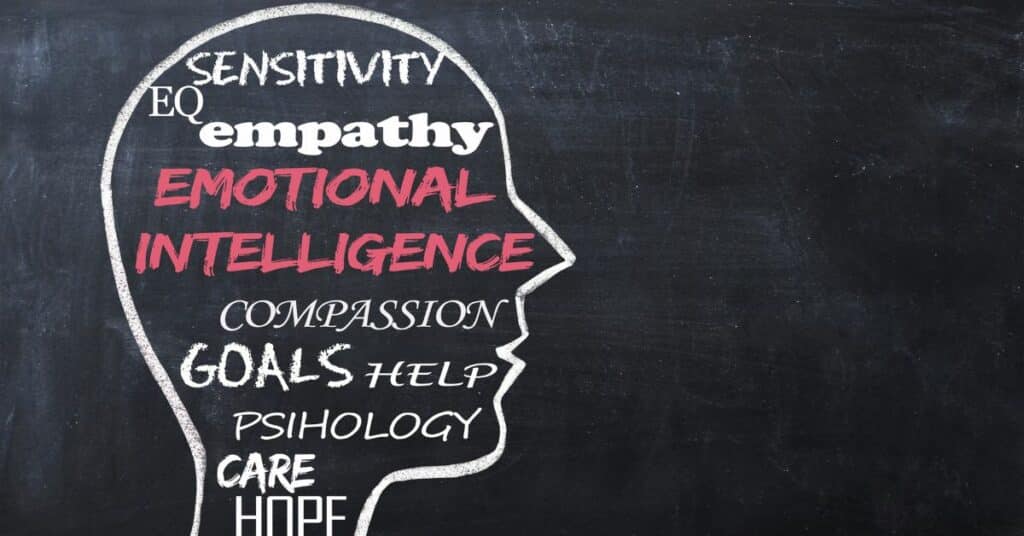I was inspired by a recent Sunday church sermon when the pastor said, “Do you play with Legos?” He recounted a childhood story from when he was eight years old and moved to a new school. He shared how easier it is sometimes for kids to make friends.
As the new kid in school, he felt awkward, lonely, and out of place since he didn’t know anyone at his new school. Then Friday came and some kid just came up to him and said, “do you play with Lego’s?” And just like that, they became fast friends. Then Monday came, and the pastor said his friends all became my friends, and I felt like I belonged.
Our emotions play an important role whether we realize it or not. Psychological or emotional abuse during childhood plays a factor and can cause [1]physiological damage, which can prevent an individual from being able to control their emotions and respond appropriately to others. The inability to manage and regulate one’s emotions in early childhood can persist into adulthood.
Let’s leave childhood trauma behind for a moment and let a skilled therapist provide suggestions in that area.
There is good news! There is a tool and skill set that can help people understand their emotions and the emotions of others and that skill set is Emotional Intelligence.
Just like going to the gym and deciding which muscle group you want to improve and work on that day, you can do the same with emotional intelligence otherwise known as EQ. Like a muscle, your EQ can be developed and built to be stronger—with consistent practice.
Depending on which theorist you are looking at, EQ has different domains. However, let’s look at one framework in particular that has four main domains (Figure 1).
Figure 1: Emotional Intelligence domains explained

Intrapersonal skills (how I communicate with myself) are made of self-awareness and self-management, while interpersonal skills (how I communicate with others) consist of social awareness and relationship management.
Intrapersonal Skills
Self-awareness is being able to understand my own emotions and tendencies as they happen. Unfortunately, some leaders at the highest levels may lack self-awareness and for two main reasons. First, being so “high up” they have less people above them to share feedback and second sometimes people below them may be reluctant to provide feedback to someone higher up the ladder.
Research has shown that leaders in many, not all cases, may overrate themselves[2] in the areas of emotional self-awareness, trustworthiness, and empathy.
Self-management is being able to manage my emotions and tendencies to a positive outcome. One area of self-management is self-talk. Often when we hear of self-talk[3] we tend to think about negative self-talk and the reason is the human brain is wired for us to thrive and survive.
Parts of the brain are scanning the environment to be on alert for danger and that mechanism is only to protect oneself.
Positive self-talk is powerful. Coaches and athletes both believe positive self-talk is a game changer and, at a minimum, can boost an athlete’s confidence in him or herself. Kobe Bryant was known for his positivity on the court. Kobe had a saying from his English teacher that inspired him, which was, “Rest at the end, and not in the middle.”
Positive self-talk can be the small light in a tunnel that allows someone to pick themselves up from the bootstraps and continue on- regardless of their circumstances.
Interpersonal Skills
Social awareness is being able to understand how my emotions impact others. Social awareness is the ability to take a (tough) stance in the face of adversity and when someone see’s something going on around them that should not happen.
Rosa Parks was one such person. She refused to give up her seat during a time when a “colored person” was not allowed to sit in the front of a bus. She said, “I am sick and tired, not because I am just tired…but sick and tired of the injustice that I see going on around me.” Her no sparked the civil rights movement in America.
Relationship management is making sure my needs are being met, your needs are being met, and the needs of the situation are being met. There are people in our lives that are just memorable- sometimes for good reasons and sometimes for bad reasons.
However, I recall Dennis Alderson. Dennis was one of two best bosses EVER. One of the most memorable things I remember him doing was simply listening and NEVER answering his cell phone OR making a call while he was in my car working with me. I thought, “how does he do it?” How does someone at his level work with me and get his stuff done to? He was an amazing role model.
The other best boss story is about Mike Satterwhite. Mike was the VP of Sales in a previous company we both worked at. At the time I worked for the worst boss ever and it was hell at work for three solid years. The worst boss did not listen, was arrogant, was a drunk (on the job too), was deceitful, lied to his wife in front of me while on the phone, and so many other things. Mike was brought in due to the bad boss’ behavior. Mike was a breath of fresh air. He made me feel safe, he listened to me, he understood the situation, and he did something about it that would benefit everyone on the team and the company.
Both of these scenarios are examples of relationship management. Both leaders made deliberate choices to ensure everyone, including themselves were taken care of. They elevated the team. One Fast Company article shows how emotional intelligence can improve the team’s performance. The three areas are:
- Grow the teams confidence. One way to do this is to practice psychological safety with the team.
- Increase empathy. When people actually care about each other they are able to perform at their best.
- Increase collaboration. Creating a culture of mutual respect and trust are the seeds that collaboration is born from,
Here is more good news! Cooper Consulting Group offers a workshop program called Team EQ: Creating High Performing Teams. In this program you can help your team learn how to use team member strengths, notice and get ahead of the curve on negative emotions, deepen relationships, and most importantly gain strategies to maximize the results of the team.
In this half-day session, you and your team will:
- Understand what team EQ looks and sounds like.
- Raise your team’s emotional awareness.
- Analyze your Team EQ scores, behaviors, and patterns to identify team strengths and build on opportunities for improvement.
- Explore the 55 team EQ strategies for managing emotions and relationships both inside and outside your team.
- Collaboratively develop a Team EQ Action Plan that establishes team goals and actions to practice.
- Establish or refresh existing Team Norms and ground rules for communicating and working with each other.
And your team will walk away with:
- Emotional Intelligence Appraisal® Team report, with Team EQ scores, analysis and comments
- Team EQ Action Plan
- Team Norms and ground rules
If you would like more information or are ready to book your Team EQ program, you can schedule a complimentary discovery call HERE or email us at info@cooperconsultinggroup.com
[1] Heather Dye: Is Emotional Abuse As Harmful as Physical and/or Sexual Abuse? (Journal of Child & Adolescent Trauma (2020).
[2] Executive Blind Spots: Discrepancies Between Self and Other Ratings (Sala, 2003).
[3] Effects of Self-Talk: A Systematic Review (Tod, Hardy and Oliver, 2011).




